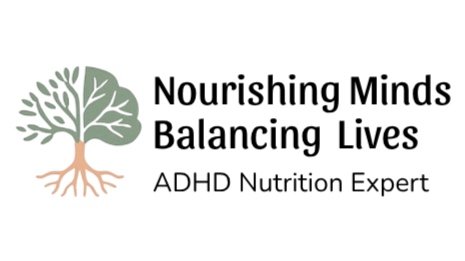Discovering the Hidden Benefits of Nutritional Lithium for ADHD: A Supportive Guide for Families
Discovering the Hidden Benefits of Nutritional Lithium for ADHD: A Supportive Guide for Families
Unveiling Nutritional Lithium Benefits
As we explore the world of ADHD management, nutritional lithium emerges as a promising ally. This section delves into the potential benefits of low-dose lithium for individuals with ADHD, shedding light on its role in brain health and behavior regulation.
Understanding Lithium's Role in ADHD
Lithium, a trace mineral found in nature, has gained attention for its potential benefits in managing ADHD symptoms. While not classified as an essential nutrient, research suggests that low doses of lithium may support brain health and cognitive function.
Recent studies have shown that nutritional lithium could help reduce some behavioral symptoms associated with ADHD. According to a review published in Current Neuropharmacology, low-dose lithium may have neuroprotective effects and improve mood regulation.
For individuals with ADHD, this could translate to better focus, reduced impulsivity, and improved emotional stability. However, it's important to note that more research is needed to fully understand the long-term effects of nutritional lithium supplementation.
Exploring Safe Lithium Doses
When considering lithium for ADHD management, it's crucial to understand the difference between therapeutic doses used in psychiatric treatment and the much lower nutritional doses. Psychiatry Redefined explains that nutritional lithium doses are typically a fraction of those used in bipolar disorder treatment.
Safe dosage ranges for nutritional lithium are still being studied. However, most experts suggest starting with very low doses, often in the range of 1-5 mg per day. This is significantly lower than the 900-1800 mg daily doses used in psychiatric settings.
It's essential to consult with a healthcare provider before starting any new supplement regimen. They can help determine if nutritional lithium is appropriate and guide you on the proper dosage based on individual needs and health status.
Integrating Lithium into Daily Nutrition
Incorporating nutritional lithium into your daily routine doesn't necessarily mean relying solely on supplements. ADHD Nutrition Expert suggests that some foods naturally contain small amounts of lithium, which can contribute to overall intake.
Some lithium-rich foods include:
Dairy products
Eggs
Vegetables (especially those grown in lithium-rich soil)
Grains
Meat
For those considering supplements, lithium orotate is a popular form due to its bioavailability. However, as Philly Integrative points out, it's crucial to choose high-quality supplements from reputable sources. Email connect@ADHDNutritionExpert.com for access to trusted supplement brands at a discounted price in Fullscript.
Remember, while nutrition plays a vital role in ADHD management, it should be part of a comprehensive approach that may include behavioral therapies, lifestyle modifications, and, in some cases, medication as recommended by your healthcare provider.


